This morning, Dhaka's air quality index (AQI) was recorded at 82 at 9 am, placing it 14th among cities worldwide with the poorest air quality. The 'moderate' air quality rating for Dhaka can be attributed to the thin traffic on city streets during the Eid holidays.
The top three cities with the worst air quality were Kinshasa in the Democratic Republic of the Congo, Kampala in Uganda, and Jakarta in Indonesia, with AQI scores of 172, 165, and 155, respectively.
An AQI score between 51 and 100 is categorized as 'moderate'. Scores between 101 and 150 are considered 'unhealthy', while readings from 201 to 300 are labeled 'very unhealthy'. Scores of 301 and above are deemed 'hazardous', posing severe health risks to residents.
In Bangladesh, the AQI is determined based on five key pollutants: Particulate Matter (PM10 and PM2.5), Nitrogen Dioxide (NO2), Carbon Monoxide (CO), Sulfur Dioxide (SO2), and Ozone (O3).
Dhaka has consistently faced air pollution challenges, with air quality typically deteriorating in the winter and improving during the monsoon season.
According to the World Health Organization, air pollution is responsible for an estimated seven million deaths worldwide each year. This high mortality rate is primarily due to increased risks of stroke, heart disease, chronic obstructive pulmonary disease, lung cancer, and acute respiratory infections.



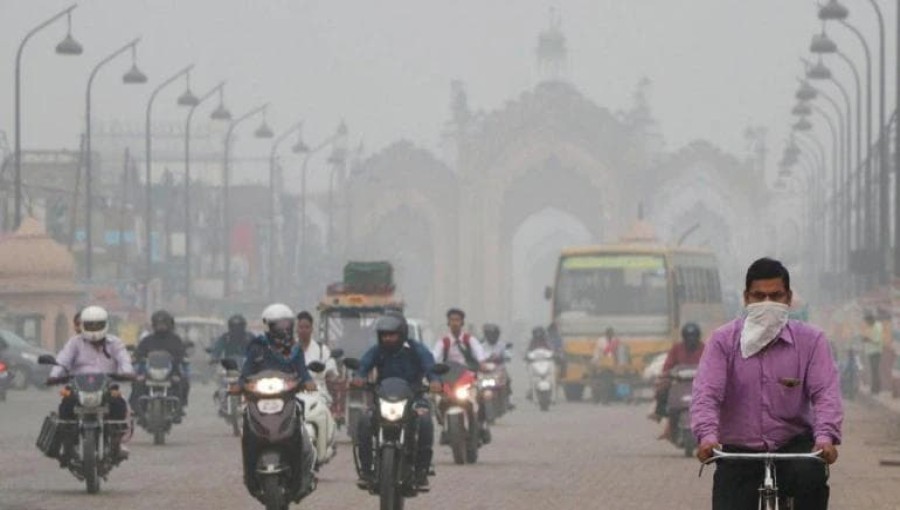





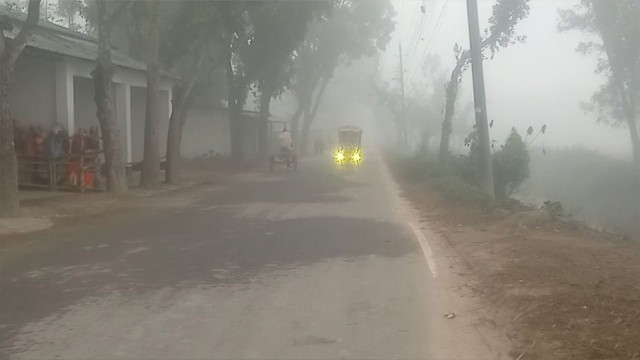


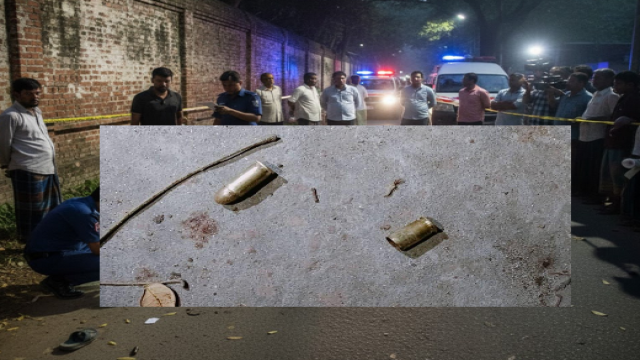
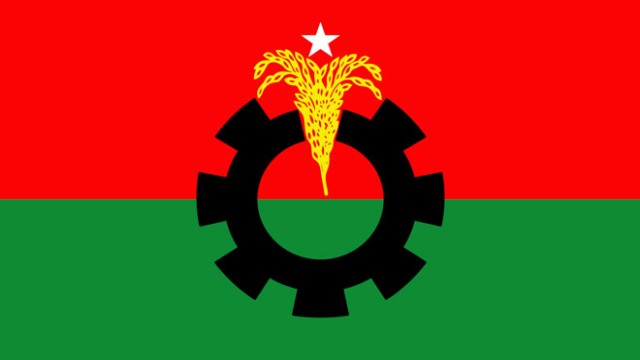




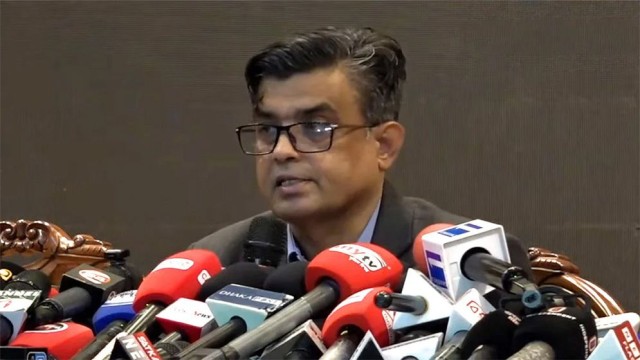











Comment: